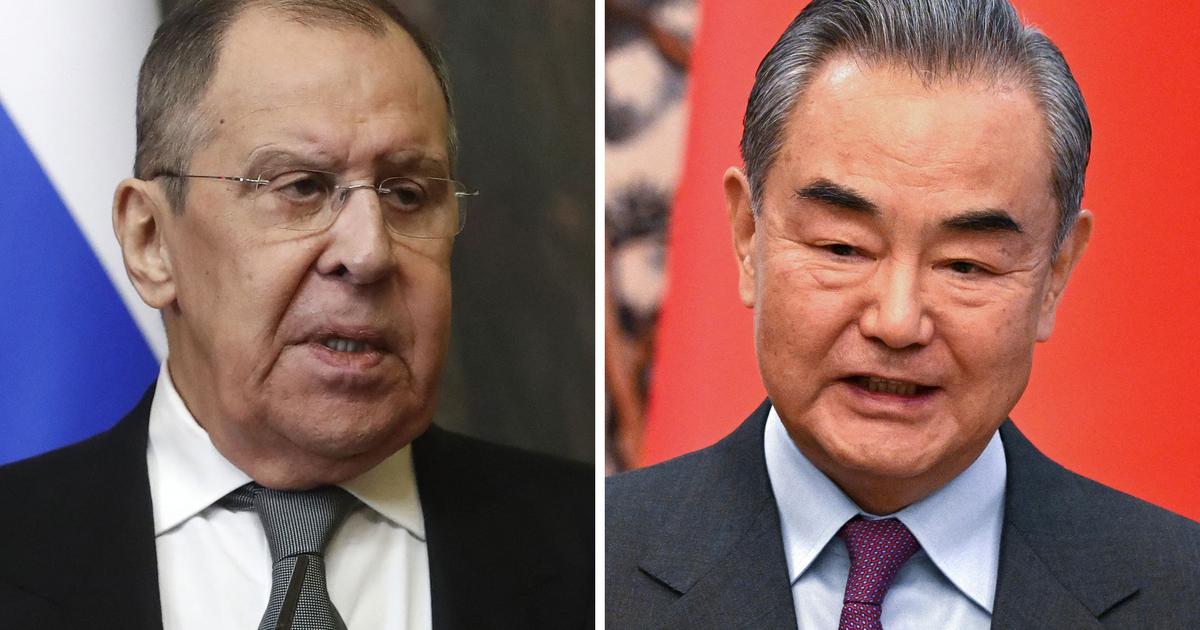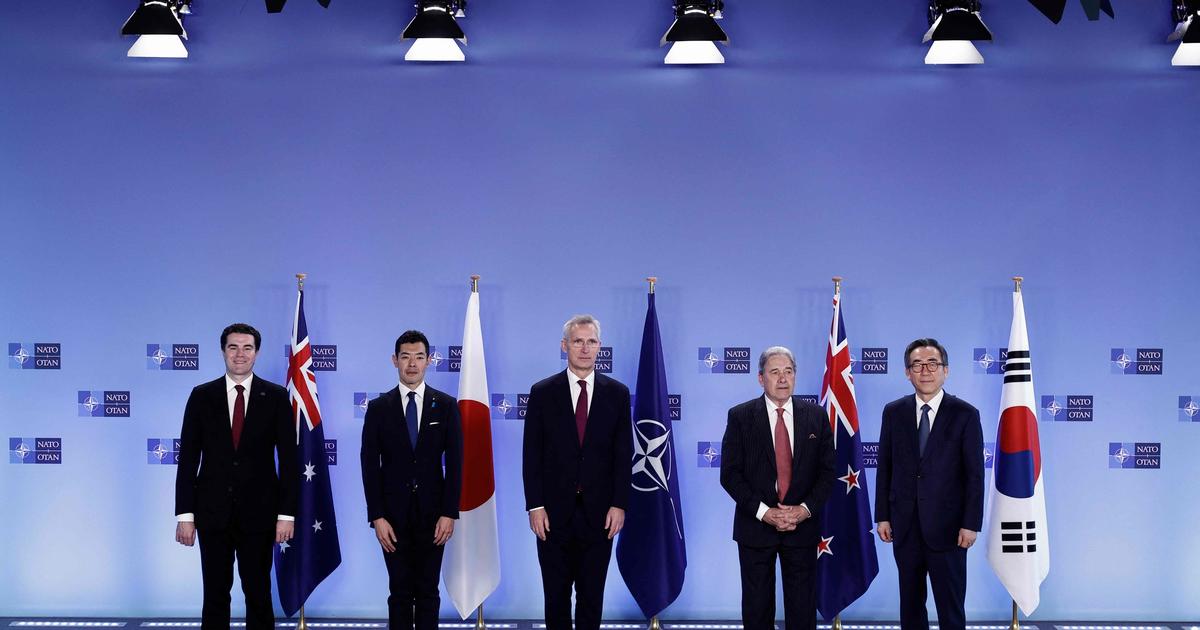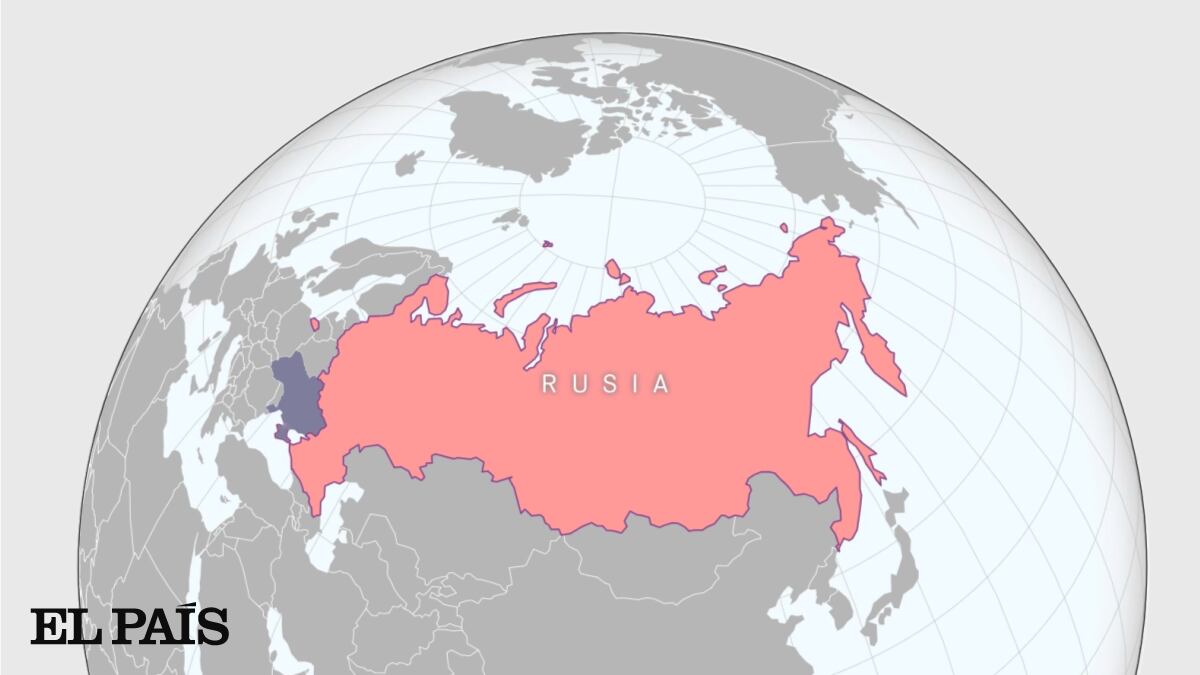“Strategic partnership”: Beijing and Moscow practice solidarity at meetings in China
Created: 03/30/2022Updated: 03/30/2022 10:44 am
By: Sven Hauberg
The foreign ministers of China and Russia in September 2021 in Dushanbe, Tajikistan: Wang Yi (left) and Sergey Lavrov met in China on Wednesday.
© Itar-Tass/Imago
It's actually about the situation in Afghanistan, but the Ukraine war should also be an issue: the foreign ministers of Beijing and Moscow met in China.
Munich/Tunxi – For the first time since the beginning of the Ukraine war*, the foreign ministers of Russia and China have come together for a face-to-face meeting.
Sergei Lavrov arrived in Tunxi, southeast China's Anhui Province, on Wednesday (March 30) to exchange views on the situation in Afghanistan with his Chinese counterpart Wang Yi.
Wang welcomed Lavrov as an "old friend", Lavrov underscored his country's interest in good relations with China*.
Observers expect that the Russian war of aggression against Ukraine will also be a topic at the two-day meeting.
In a joint statement at the end of their talks, Lavrov and Wang Yi agreed to expand their "strategic partnership" in a "difficult international situation," according to the Foreign Ministry in Moscow.
They also wanted to coordinate more closely on foreign policy and appear with a common position on international affairs. Today, international relations are undergoing major changes, Lavrov told Wang Yi.
"We will move together with you and other like-minded people towards a multipolar, just and democratic world order," he was quoted as saying by the Russian news agency Tass.
The second meeting of the ministers this year "underlines the intensity and the familiar character of the regular bilateral dialogue".
China and Russia: "Best Relations"
"We have the best relations with China in history," Lavrov emphasized in an interview before the visit, according to his ministry.
Most recently, the Foreign Minister had repeatedly emphasized that Russia was not isolated internationally, despite the sanctions imposed by the West because of the war in Ukraine.
Other important partners such as Turkey and India do not support the West's sanctions against Russia either.
The official reason for the talks is the situation in Afghanistan* since the country was reconquered by the Taliban*.
In addition to the foreign ministers of China and Russia, representatives of Afghanistan's neighboring countries Pakistan, Iran, Turkmenistan, Tajikistan and Uzbekistan as well as members of the Taliban will take part in the talks in Tunxi.
The US special envoy for Afghanistan, Tom West, is expected on the US side.
It is unclear whether there will also be direct talks between the Russian and the US side on the Ukraine war.
According to the Chinese state newspaper
Global Times
, however, representatives of Russia, Pakistan, China and the USA will meet for four-party talks on Afghanistan.
China in the Ukraine war: Beijing tries a difficult balancing act
Analyst Zhao Long of the Shanghai Institute for International Studies told the
Hong Kong- based
South China Morning Post that the meeting was "an opportunity for Lavrov to hold bilateral talks with various parties."
Beijing and Moscow could also take this opportunity to exchange views on a range of issues, including the Ukraine crisis, NATO's eastward expansion and opposition to Western sanctions, "to share the independent value of Sino-Russian relations and their high level." of strategic mutual trust".
In the Ukraine war, China is underscoring its “rock-solid” friendship with Russia* on the one hand, and Ukraine’s sovereignty at the same time.
However, Beijing did not explicitly condemn the war.
In addition, the government in China blames the USA and the eastward expansion of NATO for the escalation of the situation.
Beijing abstained from several UN resolutions condemning the Russian invasion.
At the same time, the pressure on China to position itself clearly in the war is increasing.
On Friday, EU representatives will meet with China's Prime Minister Li Keqiang* and head of state and party leader Xi Jinping* for a virtual summit, which will primarily deal with the situation in Ukraine.
China: Afghanistan in 'critical transition period from chaos to order'
On Tuesday, China's foreign ministry spokesman Wang Wenbin reiterated the position that his country is "ready to work with the international community to defuse the situation, resolve the crisis and restore peace."
However, there were no concrete diplomatic moves by Beijing.
Most recently, the warring parties met in Istanbul for negotiations*;
Ukrainian President Volodymyr Zelenskyj then spoke of “positive” signals.
The Chinese foreign ministry spokesman also once again condemned the sanctions imposed by the West and its allies.
Referring to the situation in Afghanistan, Wang Wenbin said the country is "currently in a critical period of transition from chaos to order, with the Afghan people still facing numerous challenges from within and without."
Afghanistan's problems "must be dealt with with more support and help from outside".
China: cooperation with the Taliban and fear of attacks
China's Foreign Minister Wang Yi visited Afghanistan at the end of last week*.
According to Taliban Foreign Minister Amir Chan Muttaki, this was the "most important high-level delegation" that his internationally unrecognized government had received to date.
Wang said in Kabul that Beijing wants "normal and friendly relations" with Afghanistan and "mutually beneficial cooperation."
He did not say whether China would officially recognize the Taliban government.
On the one hand, Beijing is pursuing economic interests in Afghanistan, which is rich in raw materials, and at the same time is concerned about a possible strengthening of terrorist groups in the country.
Beijing is particularly concerned about the Uyghur movement ETIM, which was also on the US terror list at times.
China fears that ETIM could use attacks to destabilize the Xinjiang* region, where the Chinese government is holding hundreds of thousands of Uyghurs in re-education camps.
Beijing also feared attacks on "New Silk Road" projects in Pakistan.
(sh/dpa) *Merkur.de is an offer from IPPEN.MEDIA.







/cloudfront-eu-central-1.images.arcpublishing.com/prisa/GJCBMBH57MQHVYCI4ZPKB6IKRI.jpg)
/cloudfront-eu-central-1.images.arcpublishing.com/prisa/CIWYA32EL2HWMI7DWEZGSK5F2U.jpg)




/cloudfront-eu-central-1.images.arcpublishing.com/prisa/KMEYMJKESBAZBE4MRBAM4TGHIQ.jpg)

